Description
The terms “process” and “automation” mean different things to different people. In order to define the scope of this text, it is useful to attempt to articulate them in relation to the industry sector and to the nature of the operations carried out within it. Process sector.This consists of those industries in which raw materials are processed. It is wide ranging and embraces oil, petrochemicals, agrochemicals, fine and specialty chemicals, dyestuffs, drugs and pharmaceuticals, biochemicals, food and drink, pulp and paper, plastics and films, synthetic fibers, iron and steel, minerals, cement, fuel and gas, power and water, nuclear processing, etc.
Process control concerns the design and specification of systems for the automatic control of process plant and equipment. It involves the measurement and manipulation of process variables such as flow, level, weight, temperature and composition. The objective is to drive measurements towards, and then maintain them at, a set of desired operating conditions. Modern process control is largely implemented by means of digital control systems and involves the application of a variety of techniques.
Process automation includes the immediate objectives of process control but also addresses the wider issues of enterprise management: operability, quality, reliability, safety and viability. This requires an integrated approach to plant operations, fundamental to which is real time data, the tools to extract information from that data, and the means for using the information. Process automation is distributed throughout the sector. All but the smallest operating companies and contractors have whole groups dedicated to the automation aspects of projects and production. A large proportion of the supplier companies’ sole business is instrumentation and control.
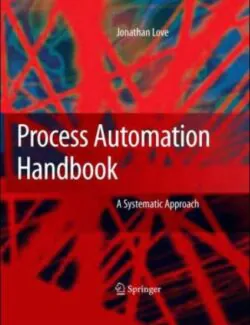
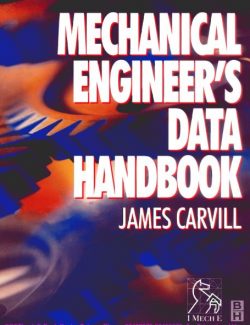

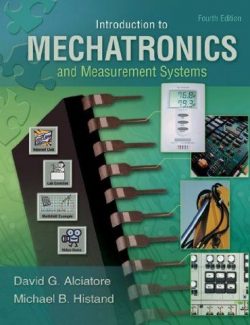
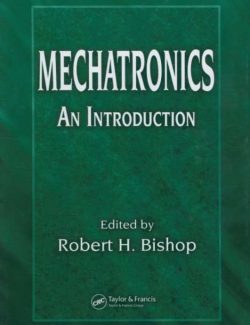
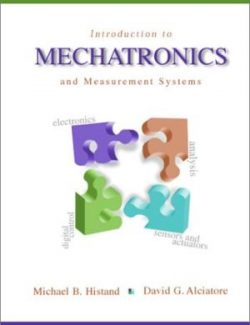
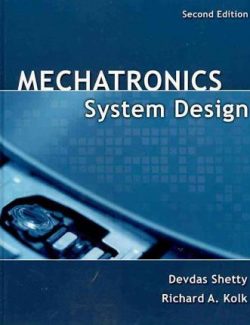

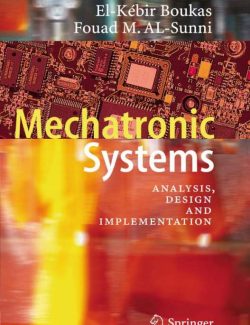
Leave us a comment
No Comments